Japanese encephalitis virus, a transboundary emerging disease risk for US introduction, carries with it potential economic implications greater than $500 million per a recent economic assessment white paper (Cook et al., 2024). Transmitted by the bite of infected mosquitos, JEV can cause severe disease in pigs, horses, and humans. While historically endemic to Asian and western Pacific regions, the 2022 JEV outbreak in Australia raised concerns of a renewed threat to the US pig industry and public health.
For US preparedness, it is critical to establish a reliable way to detect JEV in swine samples prior to an introduction or outbreak. Principal investigator Dr. Rahul Nelli and co-investigator Dr. Phil Gauger, Iowa State University, recently completed a Swine Health Information Center-funded project to establish RT-rtPCR assays for JEV and its five genotypes, comparing the newly established test with a previously published assay in the process. Development of a JEV test for US veterinary diagnostic labs that can accurately and efficiently detect multiple JEV genotypes will help the US pig industry monitor and respond rapidly to a potential JEV incursion.
A potential outbreak of JEV in the US pig population can have detrimental economic and public health impacts. It is crucial to be vigilant and establish a screening method to detect the virus early when clinical signs suggest that JEV could be a differential diagnosis. Recently completed, the full report of the project entitled, “Establish and validate RT-rtPCR for detecting JEV in porcine samples” can be found here.
Findings from this project suggest the newly developed novel RT-rtPCR assay is more specific than previously published assays and can detect all five JEV genotypes (G-1, -2, -3, -4, -5) accurately and efficiently. The new assay also has a low detection limit, meaning it can detect very small amounts of the virus. Further, the project confirmed that the novel JEV PCR assay does not cross-react with other viruses endemic to the US swine herd, such as PRRSV, PPV1, PPV2, PEDV, TGEV, PDCoV, PoAstV3 or PoAstV4. Validation of genotype-specific RT-rtPCR assays and evaluation of assay performance on known status clinical samples in collaboration with Australian swine industry stakeholders is ongoing.
Before the assay developed in this project can be used for routine diagnostics, it must be further validated for diagnostic specificity and sensitivity utilizing the American Association of Veterinary Laboratory Diagnosticians and National Animal Health Laboratory guidelines. To accomplish this, a collaborative effort will be undertaken with known status JEV samples from the Australian outbreak. This collaborative research aims to ensure that the assay is accurate and reliable in detecting JEV in various conditions and across different clinical samples. By validating the assay using these methods, greater confidence is achieved in its ability to help identify and prevent the spread of JEV in pigs. Early and accurate diagnosis of JEV is crucial for rapid response efforts to reduce the potential disease impact on humans and the production impacts for pork producers.
The Swine Health Information Center, launched in 2015 with Pork Checkoff funding, protects and enhances the health of the US swine herd by minimizing the impact of emerging disease threats through preparedness, coordinated communications, global disease monitoring, analysis of swine health data, and targeted research investments. As a conduit of information and research, SHIC encourages sharing of its publications and research. Forward, reprint, and quote SHIC material freely. For more information, visit http://www.swinehealth.org or contact Dr. Megan Niederwerder at [email protected] or Dr. Lisa Becton at [email protected].
Copyright 2024 | Swinehealth.org | Website by Heartland Marketing Group